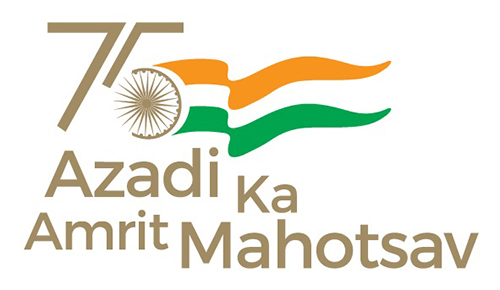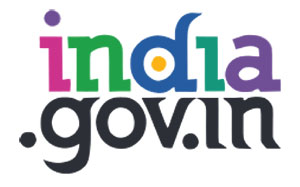About Regional Coordinating Institutions (RCIs)
Regional Coordinating
Institutions (RCIs) are key to the success of the Unnat Bharat Abhiyan (UBA), a
national initiative aimed at improving rural development through innovation and
technology. RCIs act as nodal centres for UBA in their respective regions or
states, providing guidance, mentoring, and facilitating coordination among
Participating Institutions (PIs).
Roles and Responsibilities of
RCIs:
- Identification of Regional Challenges: RCIs
collaborate with regional authorities and PIs to identify urgent issues in
rural areas and support the development of innovative solutions.
- Mentorship and Capacity Building: They guide PIs,
enhancing their capabilities to implement effective rural development
projects.
- Monitoring and Evaluation: RCIs oversee the
progress of activities, ensuring goals are met and maintaining
accountability through regular evaluations and geo-tagging of activities.
- Community Engagement: Through initiatives like Gram
Sabhas, RCIs foster direct community participation in identifying and
solving local challenges.
- Organizing Development Initiatives: RCIs organize
events such as workshops, summits, and skill development programs to
promote sustainable development.
Each RCI receives financial
support to facilitate these activities and plays a key role in shaping the
implementation of UBA in their regions.
RCI, IIT Jodhpur
Regional Coordinating Institute
(RCI) under the Unnat Bharat Abhiyan (UBA), IIT Jodhpur collaborates with
Participating Institutes (PIs) to foster sustainable and inclusive growth in
rural areas.
Key initiatives include:
- Tech4Seva Summit: Organizing a
regional summit to drive technology-based solutions for village development.
- Faculty Development Programs:
Enhancing educators' capacity to contribute to rural progress and innovation.
- SDG Workshops: Hosting
brainstorming sessions on Sustainable Development Goals (SDGs) in collaboration
with UNICEF and Ministry of Panchayati Raj (MoPR).
- Skill Development Programs:
Tailored training programs to empower local communities.
- Innovative Mathematics Education:
Promoting the "learning by doing" approach for better understanding
and application of mathematical concepts.
- Gram Sabha Initiatives: Launching
Gram Sabhas on 26th January and 2nd October to identify village challenges and
integrate credit-based problem-solving programs in colleges.
- Plantation Drives: Undertaking
large-scale afforestation efforts with the active involvement of all PIs.













